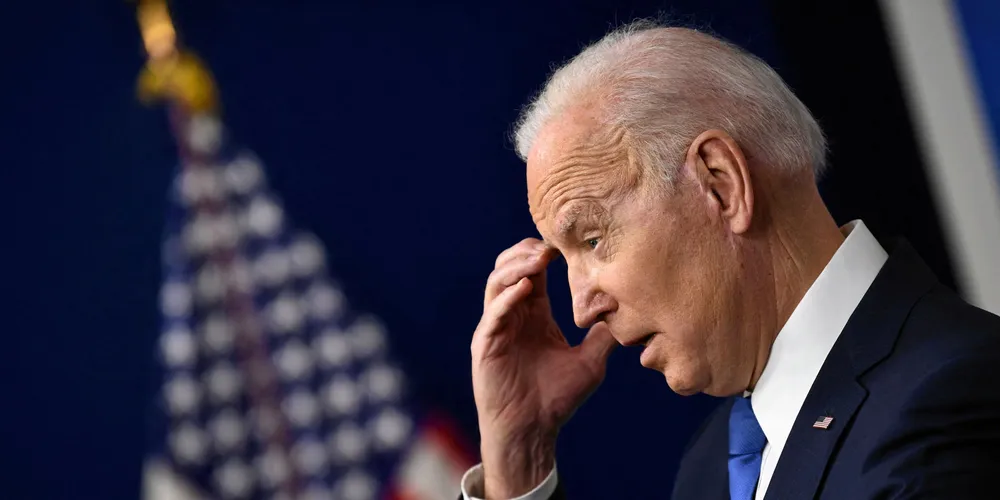'Every power I have'| Biden vows executive action after coal-state senator sinks new climate bill
Fellow Democrat Joe Manchin rejects latest White House legislative initiative in blow to President's green agenda

Fellow Democrat Joe Manchin rejects latest White House legislative initiative in blow to President's green agenda
